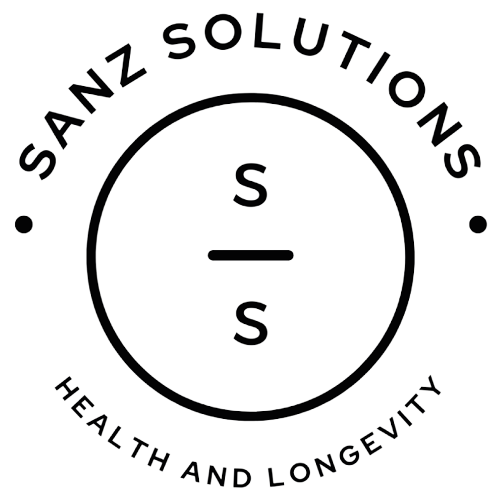Breakthrough in NASH Treatment: FDA Approves Rezdiffra
The FDA has recently approved Rezdiffra, a groundbreaking new drug for the treatment of non-alcoholic steatohepatitis (NASH), offering new hope to millions of patients worldwide. NASH is a severe form of non-alcoholic fatty liver disease (NAFLD), characterized by inflammation and liver cell damage due to fat buildup, which can progress to fibrosis, cirrhosis, and liver cancer. The approval of Rezdiffra marks a significant milestone in the quest to combat this debilitating condition.
Understanding NASH
NASH is a chronic liver disease that occurs when excess fat in the liver leads to inflammation and liver cell damage, which can progress to more serious conditions. It is closely linked to obesity, type 2 diabetes, and metabolic syndrome, making it a growing concern given the rising prevalence of these conditions globally.
The New Drug: Rezdiffra
Rezdiffra, developed by [Pharmaceutical Company], is the first drug specifically approved to treat NASH. It works by targeting key mechanisms involved in the disease's progression, aiming to reduce liver fat, inflammation, and fibrosis.
Mechanism of Action
Rezdiffra operates through a multifaceted approach:
- Lipid Metabolism Regulation: It modulates the activity of specific enzymes and receptors involved in lipid metabolism, reducing the accumulation of fat in the liver.
- Anti-inflammatory Effects: The drug inhibits inflammatory pathways, thereby reducing liver inflammation.
- Fibrosis Reduction: It promotes the resolution of fibrosis by influencing pathways that repair and remodel liver tissue.
Clinical Trials and Efficacy
The approval of Rezdiffra was supported by extensive clinical trials. Here are some key findings from the Phase III trials:
- Reduction in Liver Fat: Patients treated with Rezdiffra showed a 42% reduction in liver fat content after 24 weeks of treatment, compared to an 18% reduction in the placebo group.
- Improvement in Liver Histology: 30% of patients receiving Rezdiffra achieved a significant improvement in liver histology (defined as a reduction in NAS score of 2 or more points with no worsening of fibrosis), compared to 12% in the placebo group.
- Fibrosis Improvement: 25% of patients on Rezdiffra showed at least a one-stage improvement in liver fibrosis, compared to 10% in the placebo group.
- Resolution of NASH: 22% of patients achieved resolution of NASH without worsening of fibrosis, compared to 5% in the placebo group.
These trials also confirmed that Rezdiffra was well-tolerated, with manageable side effects, such as mild gastrointestinal symptoms and transient fatigue.
Implications for Patients
The introduction of Rezdiffra offers a new therapeutic option for patients with NASH, who have had limited treatment choices until now. This drug provides a targeted approach to managing the disease, potentially altering its course and improving patient outcomes.
Personalized Treatment Approach
Rezdiffra is not a one-size-fits-all solution. Given the heterogeneity of NASH, treatment plans should be tailored to individual patient profiles, including disease stage, comorbidities, and genetic factors. This personalized approach ensures optimal efficacy and safety of the therapy.
Future Directions
The approval of Rezdiffra is a significant advancement, but research in NASH treatment continues to evolve. Future directions include:
- Combination Therapies: Exploring the potential of combining Rezdiffra with other agents to address multiple aspects of NASH pathogenesis, such as insulin resistance and oxidative stress.
- Non-invasive Diagnostics: Developing non-invasive tools to monitor treatment response and disease progression, enhancing personalized treatment strategies.
Conclusion
The FDA approval of Rezdiffra represents a landmark achievement in the treatment of NASH, providing a much-needed therapeutic option for patients suffering from this challenging liver disease. As research continues and new therapies emerge, the future looks promising for improving the management and outcomes of NASH. With Rezdiffra, patients and healthcare providers now have a powerful tool to combat the progression of NASH and improve the quality of life for those affected by this condition.

